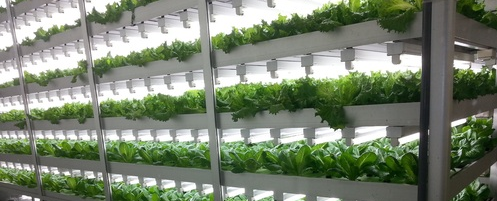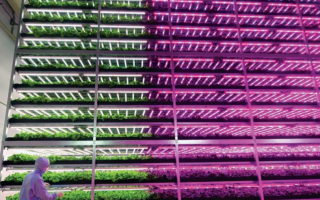Towards aeroponic system versions in Africa
for bloggers
Do you want to manage your African country related with China or Middle East?
What topics and stereotypesAfrican think about Chinese
and about Arab people?
Do you have good ideas about how your African country could improve its situation ( virtually)?
if you are a good thinker, visionary, hard studious, you can become our blogger in this to win money together.
Are you en expert about Projects to Africa, or about Areoponics systems?
Bilateral trades focused to new tech.
Contact us here, info@sylodium.com for being our blogger managing this bilateral trade news between Middle East – Africa.
Ideas for MENA – Africa Smart Farming (as Aeroponics System), Apps, Laser Tech, etc
for agents
Are you in import export business?
We are the future trade system based in common sense. The basic structure in international trade via our fundamental “language business” expressed in the URLs (and domains and metas and contents)
A to B, about this, from here to there, in this way, this pharse is our URL, the first that Google recognizes.
Contact us here, mayado@sylodium.com
if you think you can be our collaborator to participate in virtual business, specially in projects towards Africa, small, médium or big projects, specially about areoponic system.
for companies and Institutions
Tap our unique Crossing System for targeting and multiplicate your possibilities
(Institutions and media need us).
New from African Independent
Vertical indoor farming needs African versions
Vertical farms use high tech lighting and climate controlled buildings to grow crops like leafy greens or herbs indoors while using less water and soil. Because it’s a closed growing system, with controlled evaporation from plants, this farms use 95% less water than traditional farms. At the same time, most vertical farms don’t need soil because they use aeroponics or hydroponic systems – these dispense nutrients needed for plants to grow via mist or water. This technique is ideal for meeting the challenges of urbanisation and the rising demand by consumers for high-quality, pesticide-free food.

African versions
In Uganda, for instance, faced with lack of financial resources to build a modern vertical farm and limited access to land and water, urban farmers are venturing into vertically stacked wooden crates units. These simple units consist of a central vermicomposting chamber. Water bottles are used to irrigate the crops continuously. These stacked simple vertical gardens consume less water and allow urban farmers to grow vegetables such as kale to supply urban markets. At the moment, 15 such farms have been installed in Kampala and they hope to grow the number in the coming years.
In Kenya, sack gardens represent a local and practical form of a vertical farm. Sack gardens, made from sisal fibres are cheap to design and build. One sack costs about US$0.12. Most importantly, they use local materials and fewer resources yet give yields that help farmers achieve the same outcomes as vertical farms in the developed world. As a result, many have turned into sack gardening. In Kibera, for example, over 22,000 households have farmed on sacks.
Also in Kenya, Ukulima Tech builds modern vertical farms for clients in Nairobi. At the moment it’s created four prototypes of vertical farms; tower garden, hanging gardens, A-Frame gardens and multifarious gardens. Each of these prototypes uses a variation of the vertical garden theme, keeping water use to a minimum while growing vegetables in a closed and insect free environment.
The continent has unique opportunities for vertical farms. Future innovators and entrepreneurs should be thinking of how to specialise growing vegetables to meet a rise in demand of Africa’s super vegetables by urban consumers. Because of their popularity, startups are assured of ready markets from the urban dwellers. In Nairobi, for example, these vegetables are already becoming popular.
Feeding Africa’s rapidly growing urban population will continue to be a daunting challenge, but vertical farming – and its variations – is one of the most innovative approaches that can be tapped into as part of an effort to grow fresh, healthy, nutritious and pesticide-free food for consumers.
Now is the time for African entrepreneurs and innovators to invest in designing and building them.
Artificial Intelligence - 21/02/2018
Artificial Intelligence - 07/02/2018
Artificial Intelligence - 15/12/2017
Artificial Intelligence - 27/11/2017

